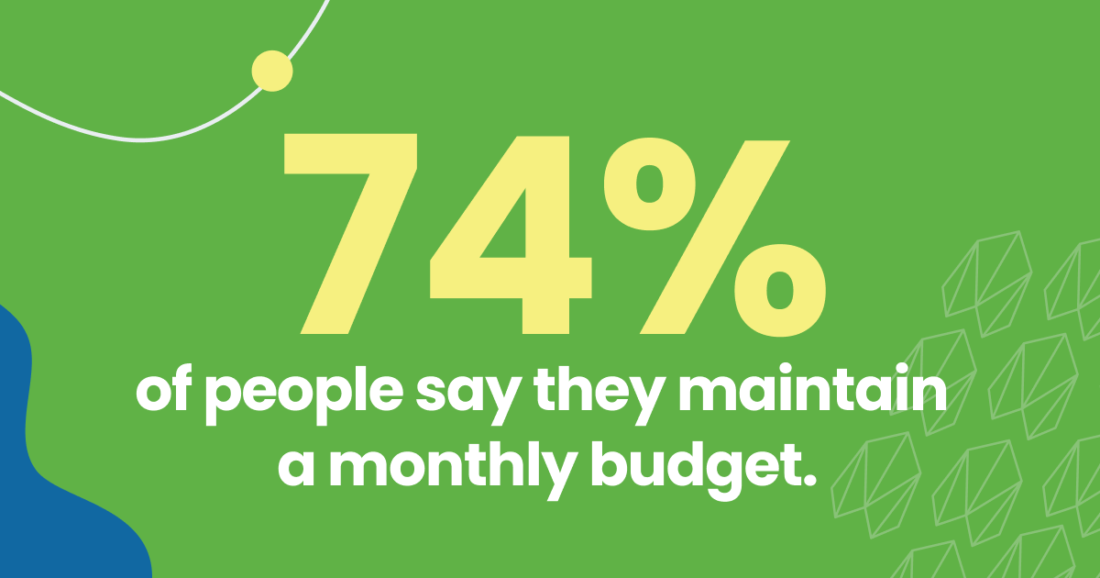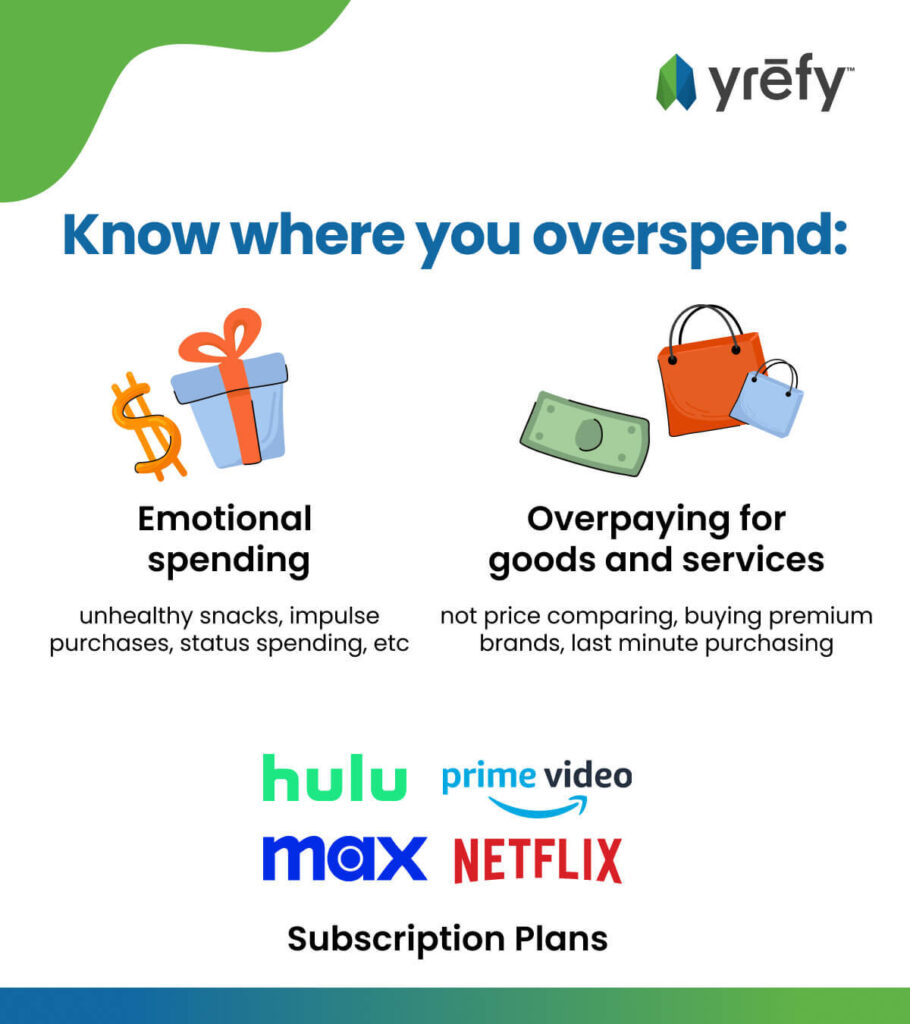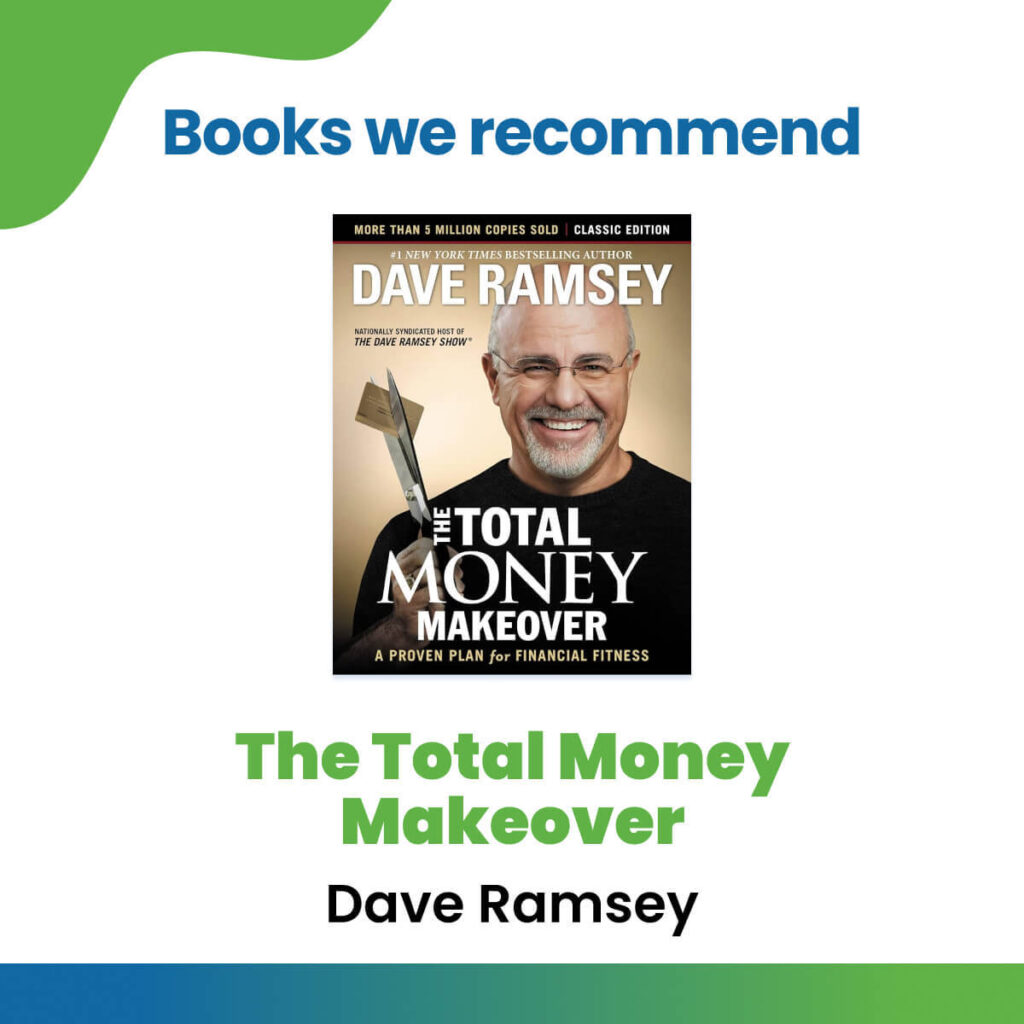Financial Wellness: More Than Just Numbers
Money makes the world go round, but does it make you happy? Financial wellness goes beyond simply having enough to get by. It’s about feeling secure, in control, and empowered by your financial choices. It’s about living your life to the fullest without the constant worry of bills, debt, and the unknown.
Think of it as a journey, not a destination. It’s about building healthy habits, setting realistic goals, and taking action. Whether you’re a young professional, a growing family, or nearing retirement, achieving financial wellness requires proactive planning and smart management.
Here are some key pillars of financial wellness:
Budgeting
Knowing where your money goes is the first step to taking control. Create a budget that reflects your income and expenses and stick to it as much as possible.

“Financial freedom is not the ability to purchase everything you want, it’s the ability to live the life you want without worrying about money.” -Suze Orman
Saving
Make saving a habit, even if it’s just a small amount each month. Building an emergency fund and saving for specific goals like retirement or a dream vacation will give you peace of mind and financial security.
“Don’t buy things you can’t afford, with money you don’t have, to impress people you don’t like.” – Dave Ramsey
Debt Management
Debt can be a burden, but it doesn’t have to be a life sentence. Develop a plan to pay off your debts, prioritize high-interest ones first, and avoid unnecessary borrowing.

“Wealth is not about having a lot of money; it’s about having enough.” – Pablo Picasso
Investing
Don’t let your money sit idle. Learn about different investment options and choose ones that align with your risk tolerance and goals. Even small investments can grow over time and contribute to your financial future.
“The philosophy of the rich and the poor is this: the rich invest their money and spend what is left. The poor spend their money and invest what is left.” – Robert Kiyosaki
Financial Literacy
Knowledge is power. Educate yourself about personal finance, from basic budgeting skills to understanding taxes and retirement plans. The more you know, the better equipped you are to make informed decisions.
“one of the most powerful ways to increase your savings isn’t to raise your income. It’s to raise your humility.” –
Remember, financial wellness is a personal journey. It’s not about comparing yourself to others or keeping up with the Joneses. It’s about finding what works for you and making steady progress towards your goals. Here are some additional tips to keep in mind:
- Track your progress: Regularly review your budget and financial goals to see what’s working and what needs adjustment. Celebrate your milestones and don’t be discouraged by setbacks.
- Seek help: Don’t be afraid to ask for help from a financial advisor or counselor. They can provide personalized guidance and support on your journey to financial wellness.
- Focus on the positive: Money shouldn’t be a source of stress and anxiety. Focus on the positive aspects of financial wellness, such as the freedom and choices it gives you.
Financial wellness is not just about having more money. It’s about feeling empowered, secure, and in control of your financial future. By taking small steps and making smart choices today, you can build a brighter financial future for yourself and your loved ones.
Start your journey to financial wellness today. You deserve it!













